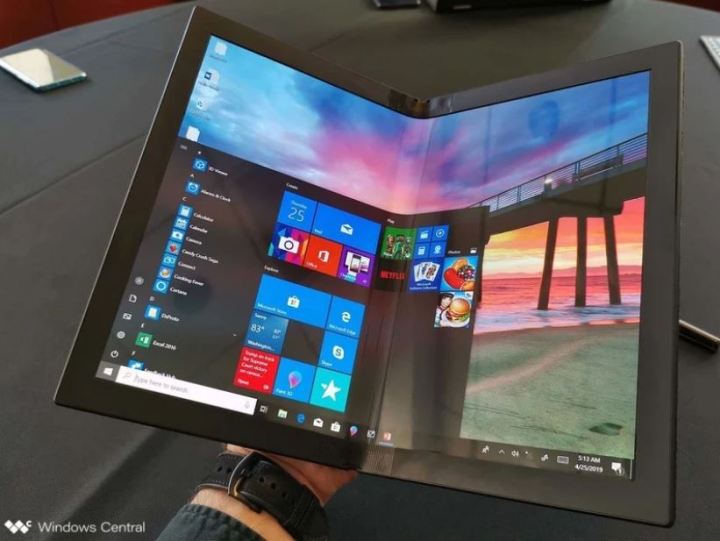Intel has revealed some changes to its Intel Evo 3 specification during its CES 2022 keynote. The new requirements include 720p webcams, Wi-Fi 6E connectivity, and more.
The company has also extended the Evo 3 to accessories and foldable laptops. In the near future, Intel is also planning to release it for desktop PCs.

Intel Evo is essentially a set of standards that laptop manufacturers have to meet if they want their devices to be Evo-certified. Previously called Project Athena, Intel has rebranded its certification program to Evo alongside the launch of its Tiger Lake laptop processors. Now, as part of CES 2022, the manufacturer revealed its future plans for Intel Evo 3 and beyond.
The reveal comes in tandem with the launch of Intel’s Alder Lake-H series processors, bringing the latest generation of Intel chips to laptop users. According to NotebookCheck, Evo was initially made for laptops with U-series processors, but Intel is expanding the range of devices covered.
The company has announced that Intel Evo 3 will cater to H-series laptops, accessories, and foldable laptops. The accessories include Thunderbolt 4 docks and various Bluetooth accessories. Intel is also planning to expand Project Athena to include desktop PCs.
Intel’s Evo 3 spec will require that laptops offer 12th-generation Intel processors, Wi-Fi 6E connectivity along with the Intel Connectivity Performance Suite to automatically prioritize internet traffic, A.I.-based background noise suppression, instant wake, improved performance and responsiveness, long battery life, and at least a 720p webcam. Intel Visual Sensing is optional.

It’s a different story where Intel Alder Lake-H laptops are concerned. The requirements include a 15- to 16-inch display size, screen specifications that allow content creation, and a discrete graphics card. However, it gets more specific than that: Intel asks that Evo-certified laptops use Intel’s own Arc Alchemist GPUs.
Intel seems to be trying to move away from subpar laptop webcam quality with the new iterations of Intel Evo. While initial reports pointed to Intel Evo 3 requiring a full HD webcam, Intel is still allowing 720p while recommending that manufacturers try to integrate an FHD webcam into their new laptops. Intel is likely to continue down that path, as Intel Evo 4 may mandate the use of at least 8-megapixel cameras on all laptops running that spec. We may see Intel Evo 4 alongside 13th-gen Raptor Lake CPUs later this year.
While there is no Intel Evo spec for desktops just yet, Intel teased that upon its release, it will mostly be focused on business use cases. Project Athena for desktops will require the use of vPro equivalents of Alder Lake-S CPUs. Intel’s focus in the desktop sector is centered around privacy, collaboration, automation, and sustainability, as well as balanced power efficiency and portability.
Based on all the CES 2022 reveals, Intel has big plans for Intel Evo 3 and beyond. Between the new upcoming foldable display spec, the expansion toward desktops and accessories, and Intel Evo 4 on the horizon, it’s clear that this is a standard Intel wants to invest in.


